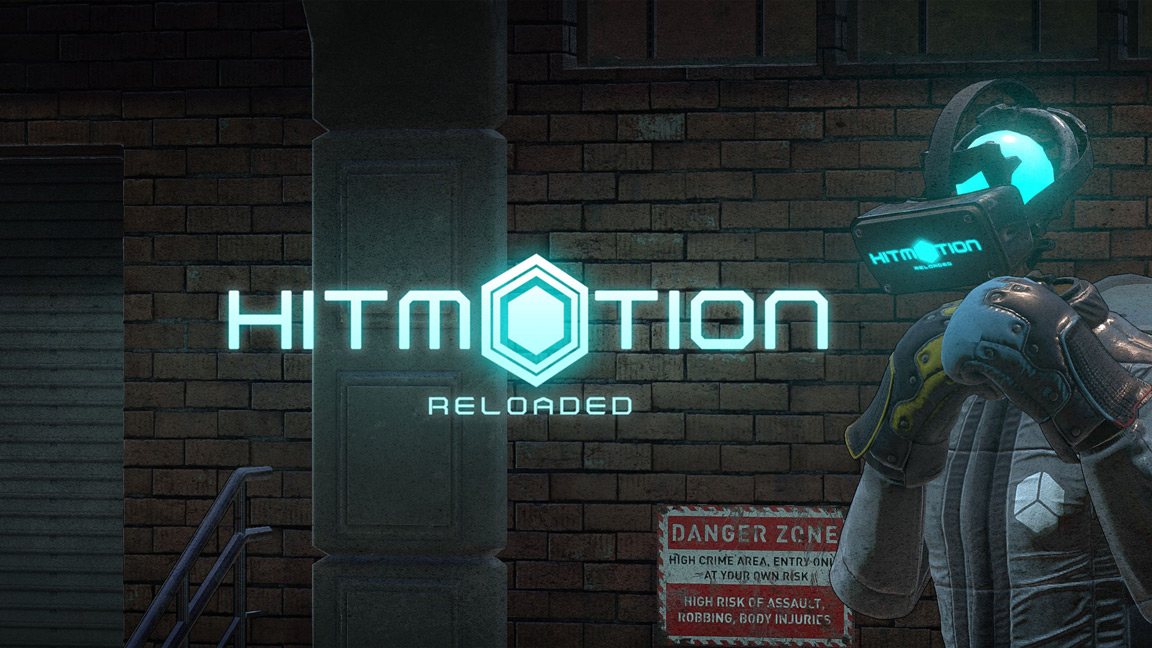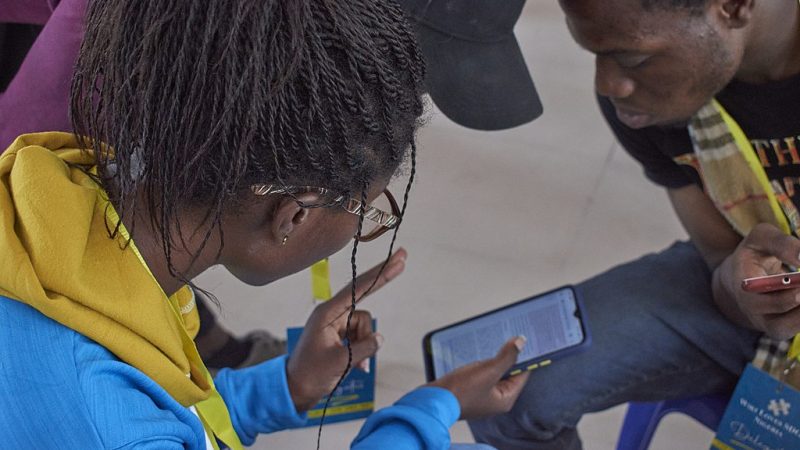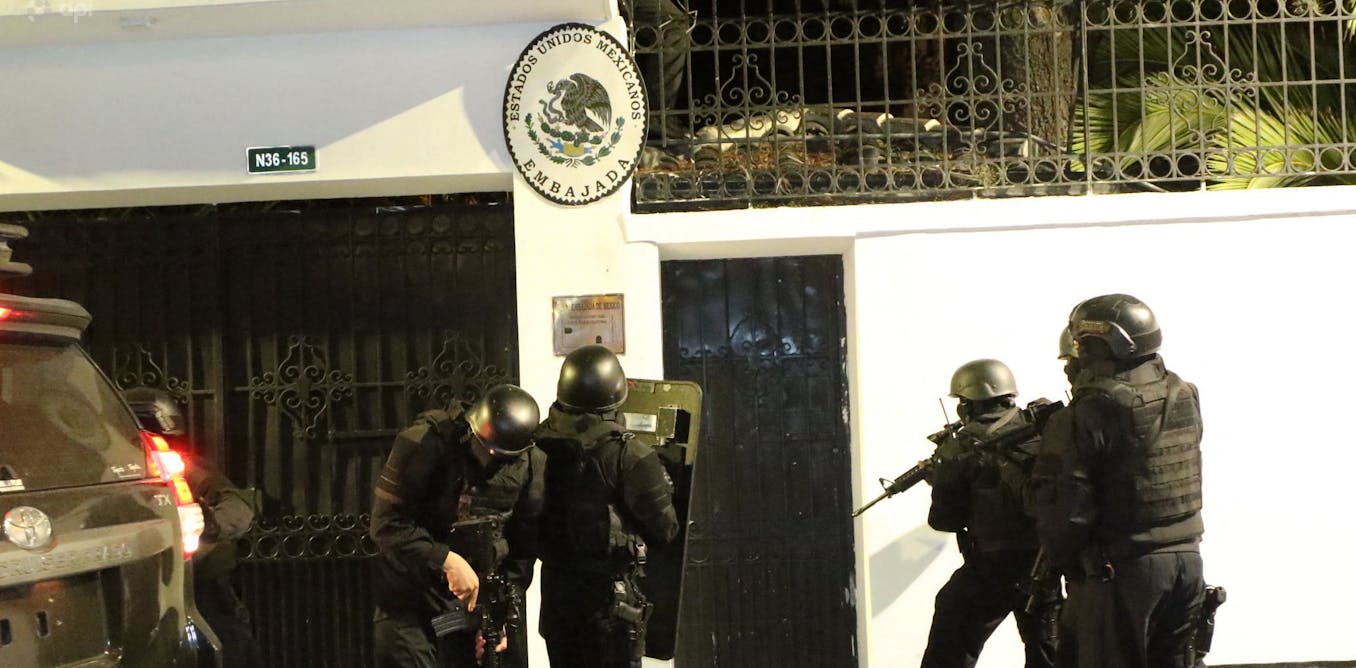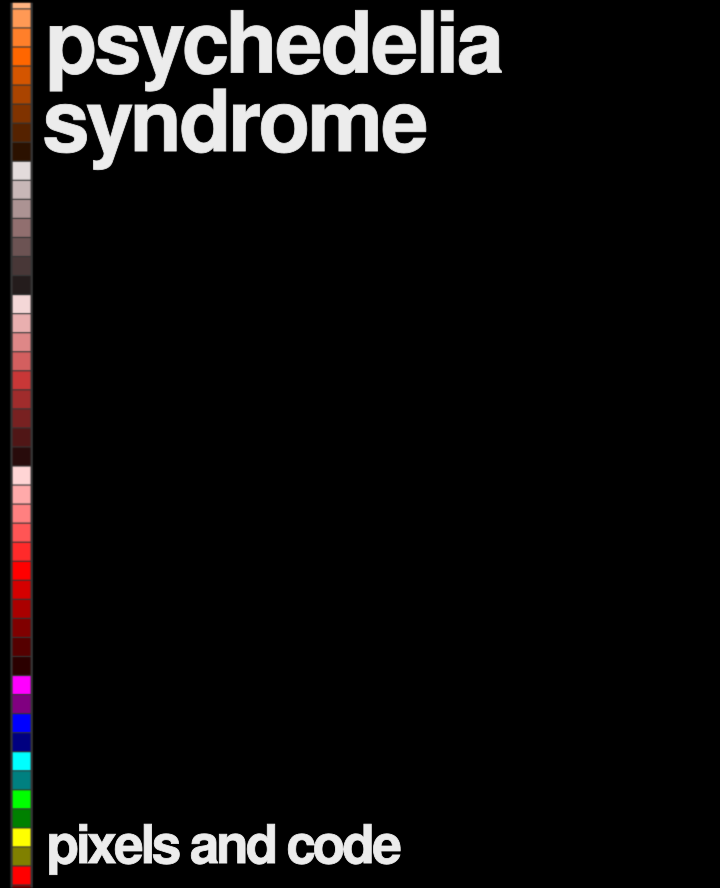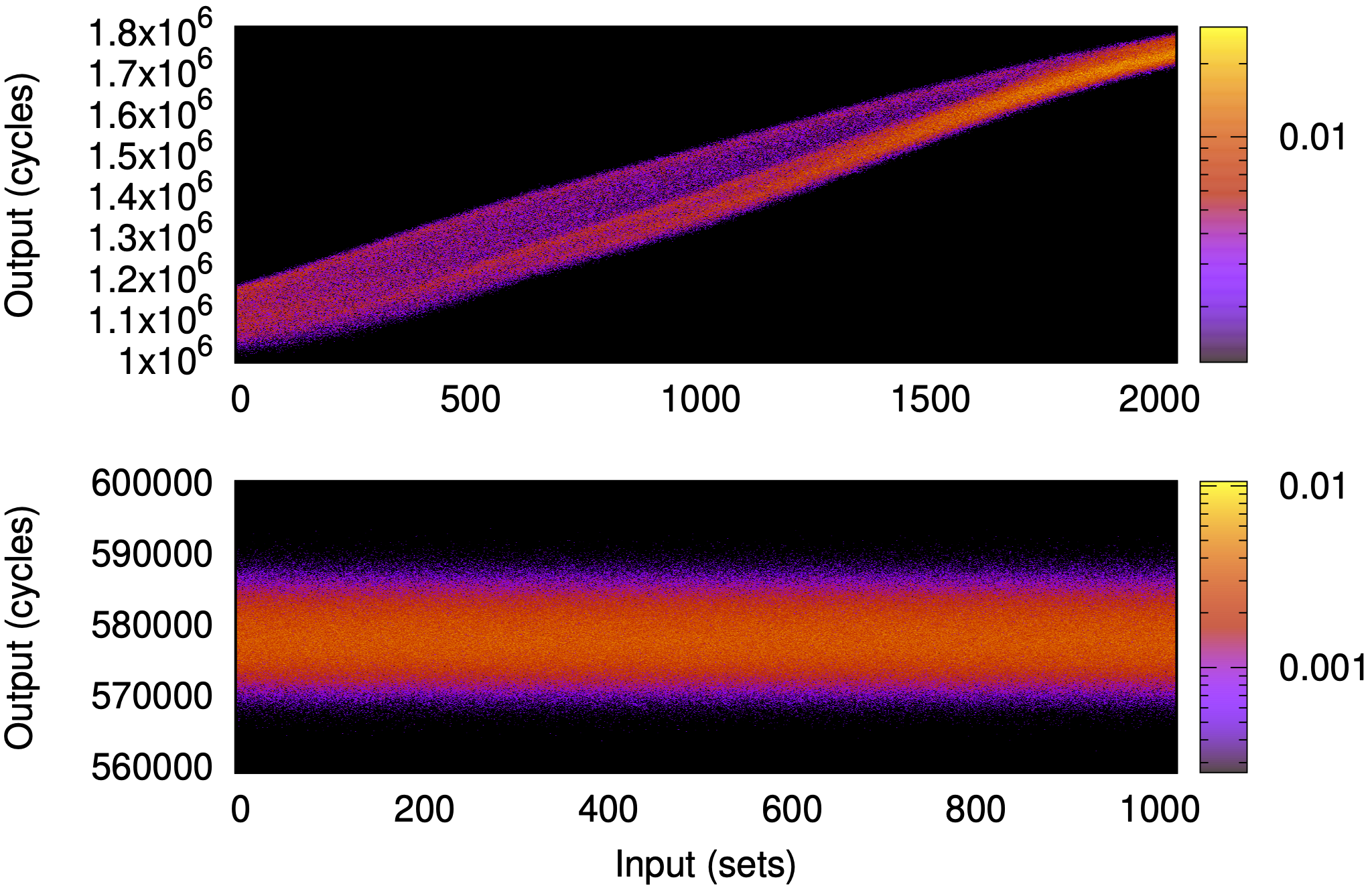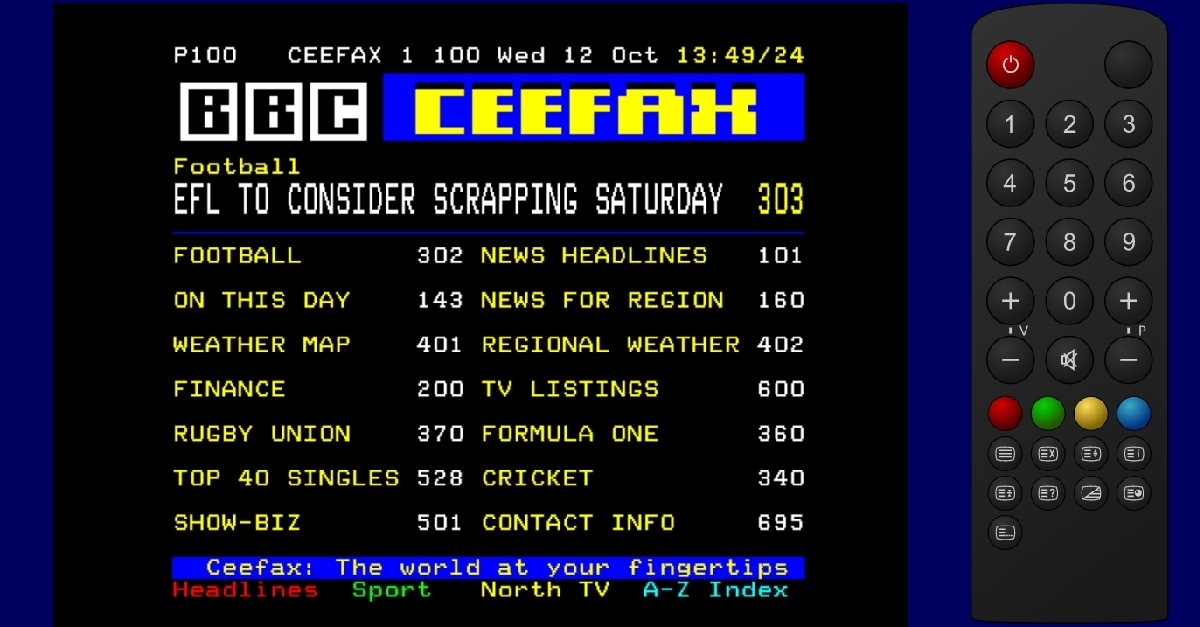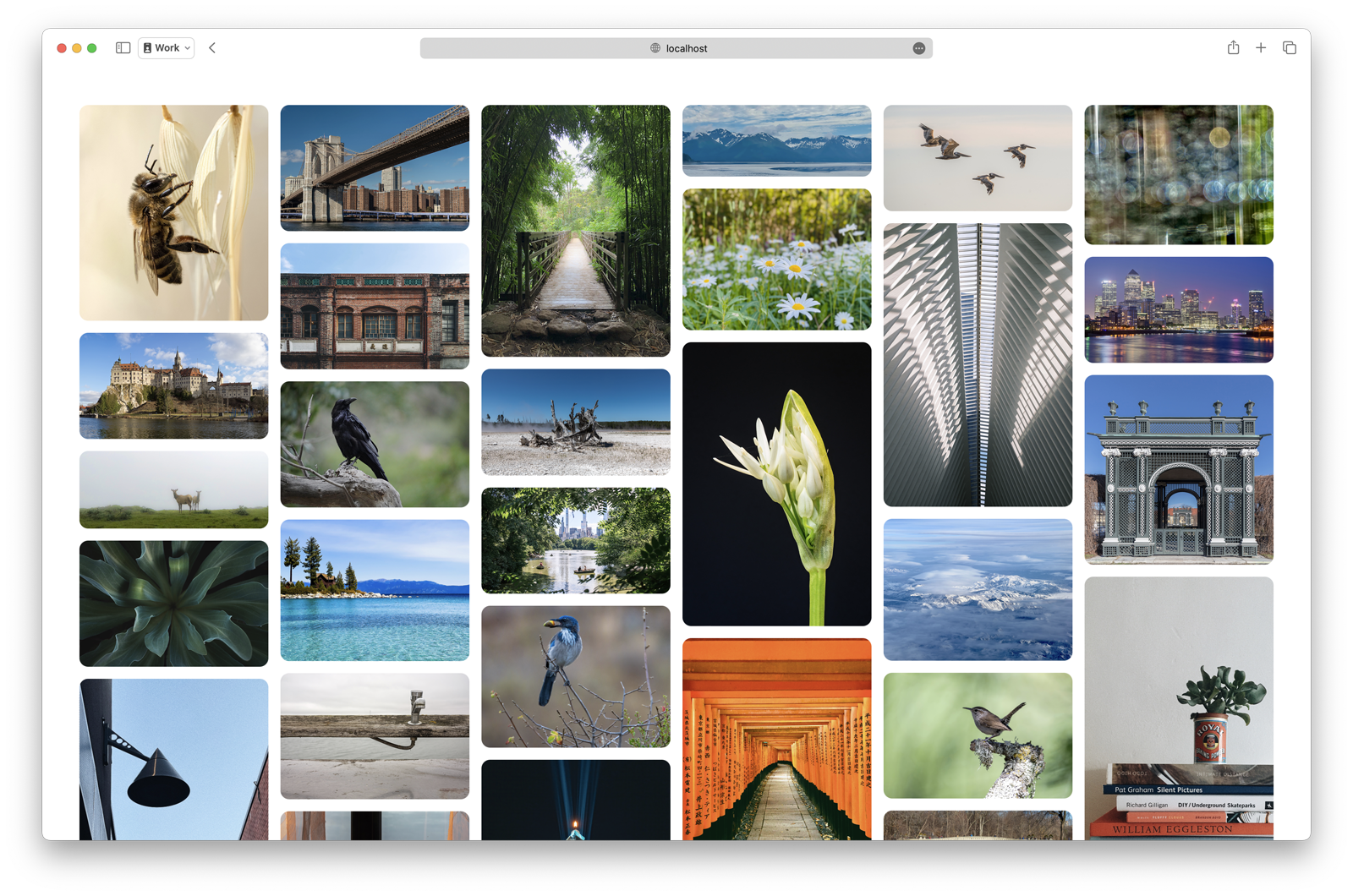Voices of VR Podcast
OpenBCI’s Project Galea was originally announced on November 19, 2020 as a “hardware and software platform that merges next-generation biometrics with mixed reality.” OpenBCI has been collaborating with MIT Ph.D. student Guillermo Bernal in integrating PhysioHMD’s design, which includes EOC, EMG, EDA, PPG sensors in addition to 10 EEG channels and eye-tracking into a single headset. On January 24th, Valve CEO Gabe Newell told New Zealand’s 1 NEWS that Valve was “working on an open source project so that everybody can have high-resolution [brain signal] read technologies built into headsets, in a bunch of different modalities.” 1 News reported that Valve was collaborating with OpenBCI. Then on February 4th, 2021, Tobii announced that it was “engaging in research collaboration with Valve and OpenBCI by incorporating Tobii’s eye tracking technology with elements of Valve’s Index hardware to produce developer units for the recently announced Galea Beta Program.” The Project Galea dev kits are expected to ship sometime in 2022, and Newell told 1 NEWS, “If you’re a software developer in 2022 who doesn’t have one of these in your test lab, you’re making a silly mistake.”
I first interviewed OpenBCI co-founder and CEO Conor Russomanno at Rothenberg Ventures’ Founder’s Day on May 16, 2016, which was the day before the 2016 Neurogaming Conference. It was also after the Silicon Valley Virtual Reality Conference April 27-29, 2016, which is where I first really starting covering the topic of privacy in VR as it was after an UploadVR article on Facebook & VR privacy caught the attention of Senator Al Franken, who wrote Oculus a letter. I first spoke to Russomanno about some of the privacy implications of neuro-technologies back in 2016, and the ethical implications of neuro-tech has only increased as the capabilities of physiological measurement devices and what can be inferred from them have also been increasing.
Leave a Comment
Related Posts


